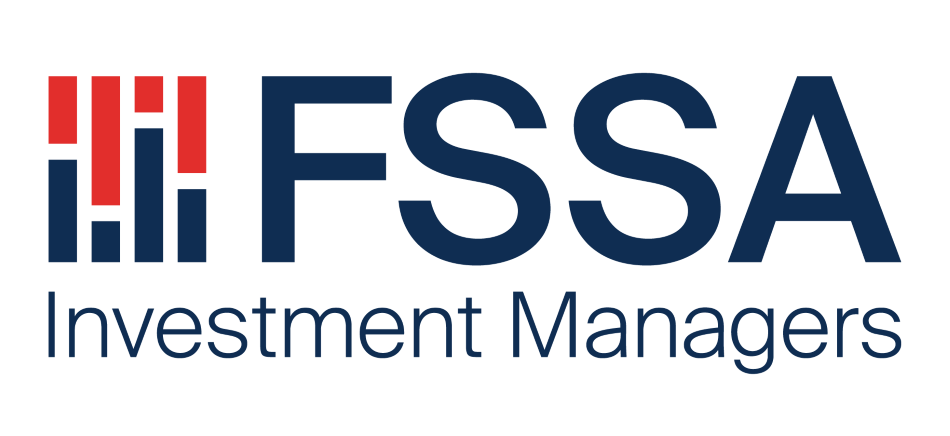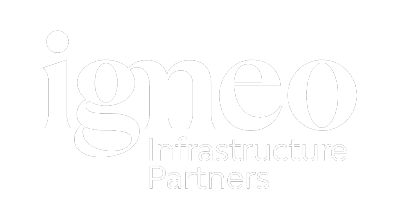Showing 1 to 30 of 30 results.
FSSA Investment Managers global emerging markets equity strategies invest in some of the world's most dynamic and diversified markets looking for growth sectors and individual companies with stable management and solid development opportunities.
Check the latest First Sentier Investors fund price and fund performance, keep track of funds performance and trends to help investment selections.
End of Year Review
Learn about investing in the world's fastest growing markets with FSSA Investment Managers. We invest in high quality equities that outperform over the long term.
Our recent paper on Extreme Concentration focussed on the US (and so Developed Markets). This was the natural as the central issue of concentration was among the top 10 stocks in the US, among them, the “Magnificent 7”.
In almost every meeting that we have with management teams, we will ask about incentivisation. In our view, it is an important question and the answer can be highly revealing about an organisation’s culture and behaviour.
Mutations, it would seem, are not unique to the virus. Starting with some housekeeping, we always end our letters seeking feedback from our regular readers.
FSSA Investment Managers India equity strategies investing in one of the worlds largest and most diverse economies, carefully seeking quality companies with long term growth.
FSSA Investment Managers Greater China equity strategies invest in quality companies in the rapidly developing Chinese market and Greater China region.
Learn about investing in Asia Pacific equities with FSSA IM today. Our APAC funds invest in quality companies with the potential to outperform over the long term.
We have written about the spate of Initial Public Offerings (IPOs) in India and our reasons for staying away from them, for the most part. This time, we want to talk about why new listings are important to keep the market vibrant and to keep the entrepreneurial spirit in the country alive.
In 2020, one group of companies has done particularly well – the popular digital technology companies focused on e-commerce, delivery and entertainment, to name a few industries. In emerging markets, they dominate the Chinese market; but they can also be found in Korea, Southeast Asia, Eastern Europe and Latin America. We do not own many of these in the strategy; and as such, we are often asked: What holds us back? After all, they have performed well and – at least on paper – should have the prerequisite to generate strong returns and free cash flow, given their often high gross margins, negative working capital profiles and asset light nature. While we are not disputing the potential for this in the future, we would argue for cautiousness on most of these projections.
Since our last update, global markets have not been short of action and the manic behaviour characterising today’s markets has taken investors on another rollercoaster ride. While not quite comparable to the market movements seen during the dark days of March 2020, the recent correction — especially in China-related companies — has been notable. Yet, from a market perspective, a sense of normality is finally starting to emerge after the more speculative phases over the past 12-18 months.
Discover Asian fixed-income investing today. Emerging Asian markets have the potential for strong returns, consistent income & diversification benefits.
In boom times like today, when cash costs nothing and capitalisation rates are zero, everybody is focused on growth and the future. Revenue is vanity in the sense that entrepreneurs, thank goodness, dare to dream and build businesses. We too, spend much of our time looking for the next opportunity and indeed thinking about how much businesses can grow.
Global asset management group focused on providing high quality, long-term investment capabilities to clients. We bring together independent teams of active, specialist investors who share a common commitment to responsible investment principles.
Every company we speak to these days tells us about the cost pressure that they are facing, emanating from rising global commodity prices. Domestic steel prices have risen by 35% y/y, copper by over 50% y/y and palm oil by over 60% y/y through February 2021. Indian corporates are being forced to reckon with sharp increases in input costs for the first time in almost a decade. We believe that pricing power is often the critical litmus test of a franchise’s quality.
Leading global investment manager, First Sentier Investors (FSI), today announced the outcome of a review of its existing investment capabilities against its strategy.
Concentration in equity markets has reached unprecedented levels. While this has driven remarkable returns for a narrow slice of the market, it raises critical questions about diversification, valuation, and risk for equity investors.
We had entered the meeting with a leading air-conditioner company in our portfolio worried about the risks to its growth and profitability, as the second wave of Covid-19 affected consumer demand and raw material costs rose sharply. But the company’s CEO told us about the acceptance of increased prices by their channel partners and customers and strong demand before localised lockdowns were introduced in April. The company had reported a 24% growth in sales and more than doubling of its operating profit in the quarter ended March 2021, compared to the same period last year. He was optimistic about an improvement in their profitability despite a significant increase in raw material costs and was continuing their investments in expanding capacity.
In our last client update, written through the depths of Covid-despair, we observed that real life and the world of markets are seldom so intimately entwined. With markets swinging violently to the downside on a riptide of fear, it was clear even then that activity was being driven by short-term anxiety rather than a real evaluation of Asia’s longer-term value-accretion prospects.
Leveraging our recent paper, ‘Reducing carbon intensity in portfolios: Better news than you think’, which analysed the investment impact of reducing carbon exposure versus the benchmark; we turn our attention to how we can reduce carbon risk in our Value strategies. This aligns with our commitment to reducing carbon exposure across our strategies.
While the pandemic is still far from over, a number of key leading indicators point to a healthy and broad-based recovery in China. Industrial production, trade activity and retail sales have been strong; and in stark contrast to the lockdowns and travel restrictions in early 2020, domestic travel, tourism and the leisure sectors in China have sprung back to life.
Head of Asian Fixed Income, Nigel Foo provides an outlook into 2025 for the strategy.
Concentration in equity markets has reached unprecedented levels, particularly in the United States. A select few mega-cap stocks, colloquially referred to as the "Magnificent 7," now dominate market indices, reflecting a convergence of technological innovation, speculative enthusiasm, and the allure of generative AI.
There were a number of structural trends leading up to the Covid pandemic that were all very well understood. And the pandemic has given rise to some newer emerging trends. And what is central to the majority of these trends is the rapid advancement and continued adoption of technology which is driving societal change.
Stabilising the climate will require strong, rapid, and sustained reductions in greenhouse gas emissions, and reaching net zero CO2 emissions.
2024 was a good year for global listed infrastructure. Strong earnings for energy midstream and a step-change in the earnings growth outlook for utilities helped the asset class to shrug off rising bond yields and political uncertainty.
Corporate culture is a powerful dynamic in a company. It is the set of beliefs and attitudes about the way things are done, and so is a key component of many corporate functions.
Over the last decade the electricity sector has been at the forefront of decarbonisation, ahead of transport, industry and agriculture.
Get the right experience for you
Your location :  Netherlands
Netherlands
Australia & NZ
-
 Australia
Australia -
 New Zealand
New Zealand
Asia
-
 Hong Kong (English)
Hong Kong (English) -
 Hong Kong (Chinese)
Hong Kong (Chinese) -
 Singapore
Singapore -
 Japan
Japan


























 United Kingdom
United Kingdom 